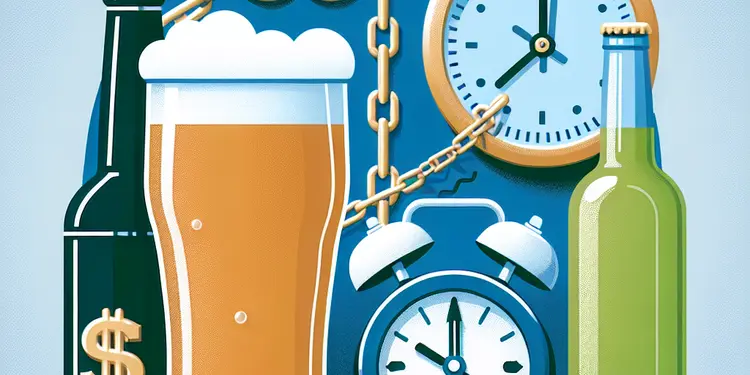
Find Help
More Items From Ergsy search
-
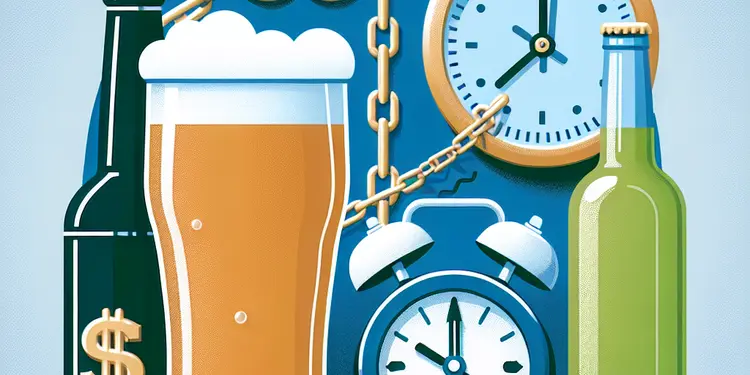
Can binge drinking lead to addiction?
Relevance: 100%
-
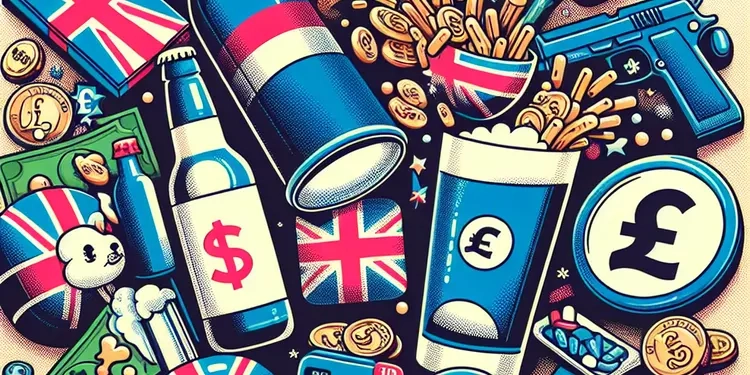
What is binge drinking?
Relevance: 76%
-
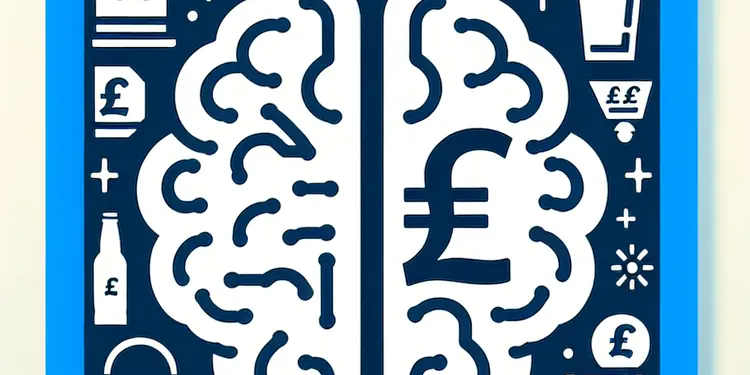
How does binge drinking affect the brain?
Relevance: 71%
-

How is binge drinking typically defined?
Relevance: 69%
-
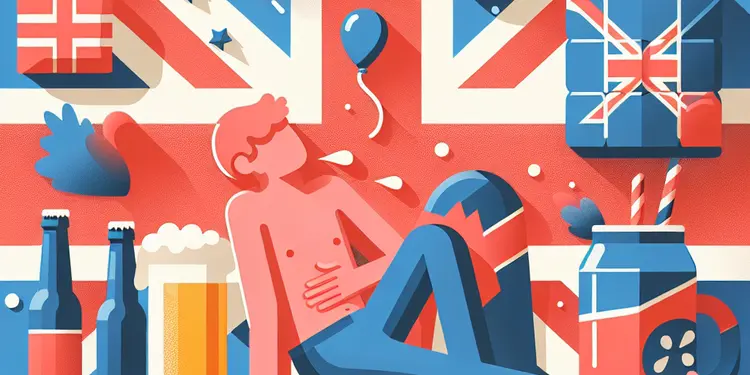
How does binge drinking affect mental health?
Relevance: 69%
-
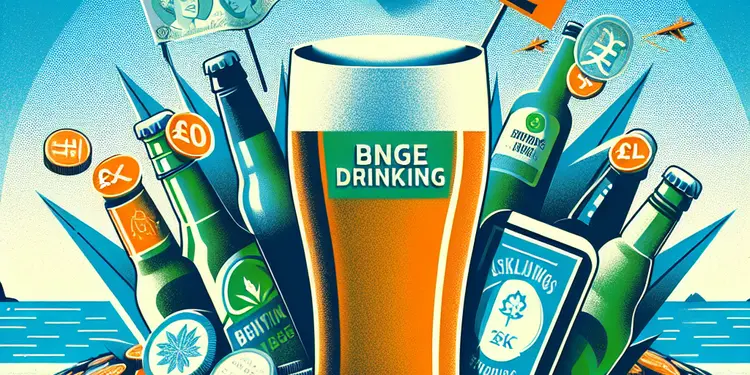
What are the risks associated with binge drinking?
Relevance: 69%
-
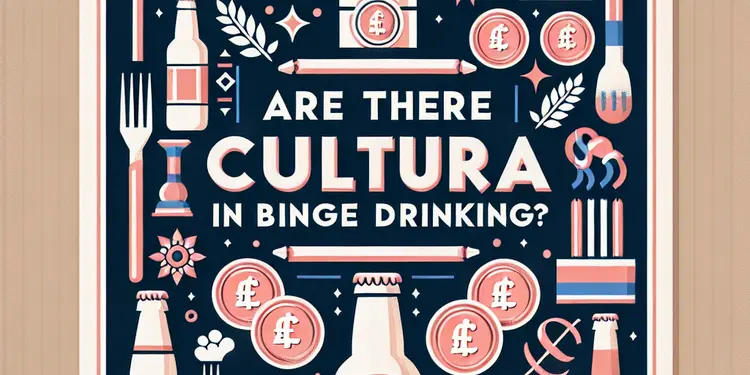
Are there cultural factors in binge drinking?
Relevance: 67%
-
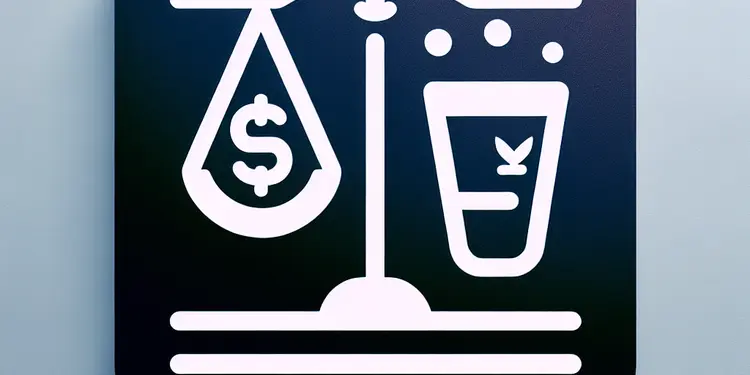
Are there any laws against binge drinking?
Relevance: 64%
-
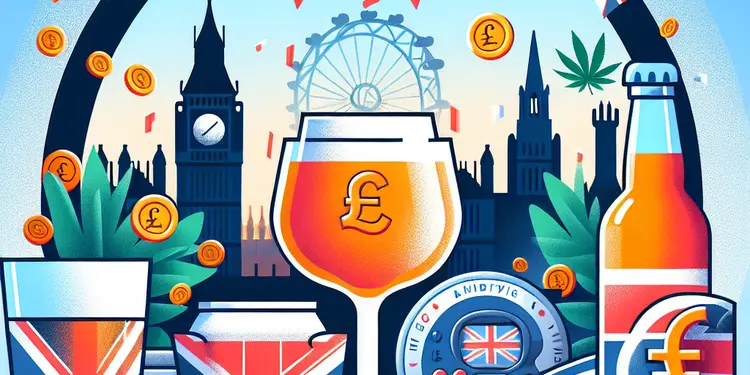
Can binge drinking affect physical health?
Relevance: 64%
-
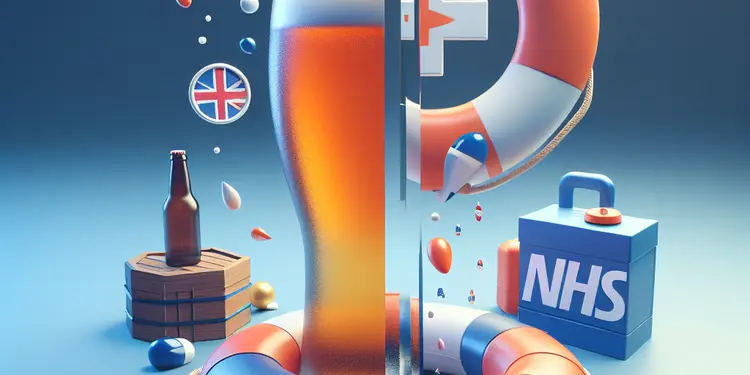
What resources are available for someone struggling with binge drinking?
Relevance: 64%
-
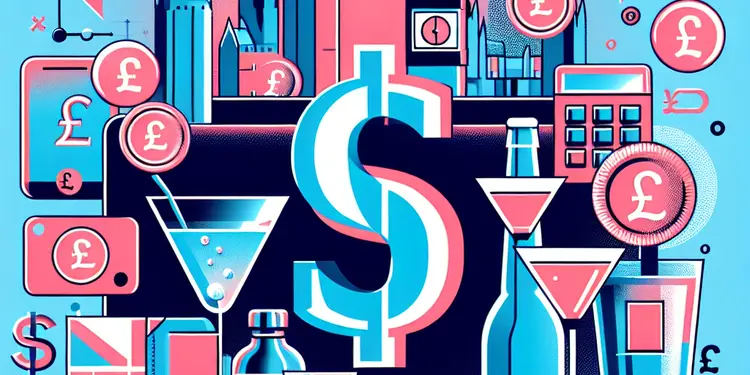
What are the social consequences of binge drinking?
Relevance: 64%
-
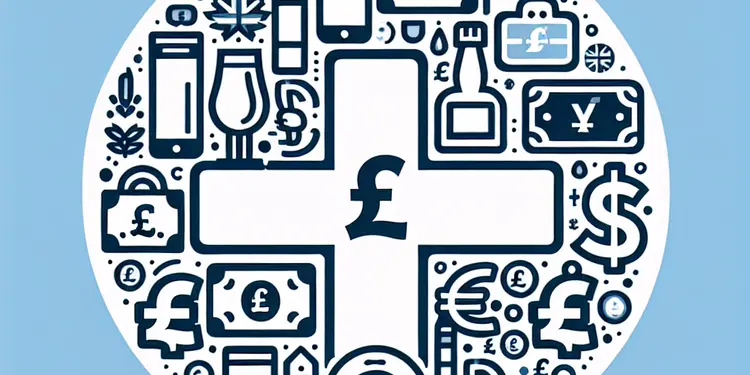
What can be done to prevent binge drinking?
Relevance: 61%
-
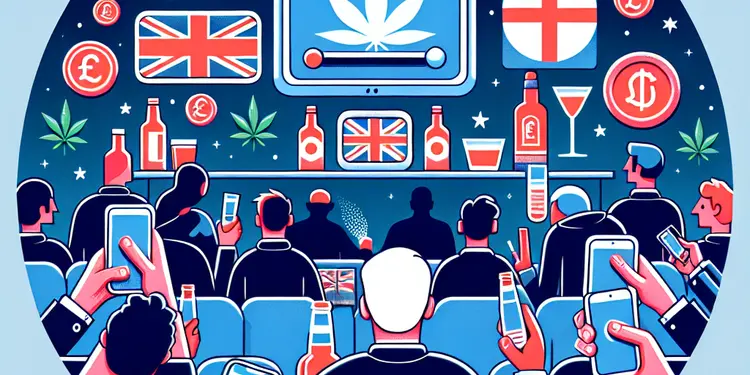
What is the role of peer pressure in binge drinking?
Relevance: 61%
-

Is binge drinking more common in any specific demographic?
Relevance: 60%
-
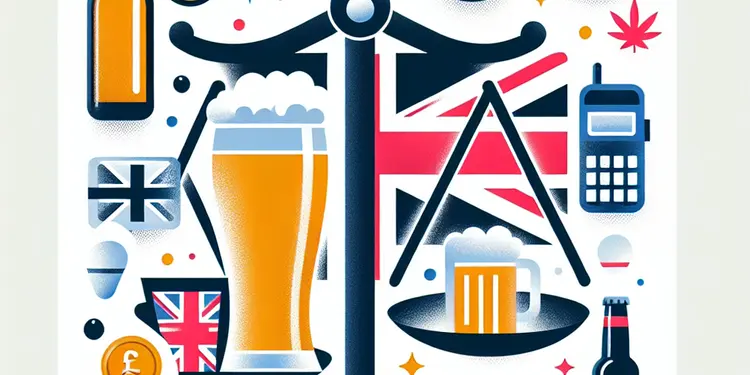
How does alcohol tolerance relate to binge drinking?
Relevance: 60%
-
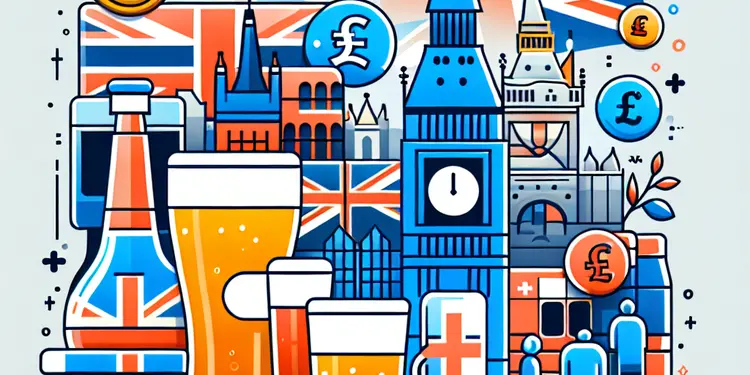
Why is binge drinking common among young adults?
Relevance: 59%
-
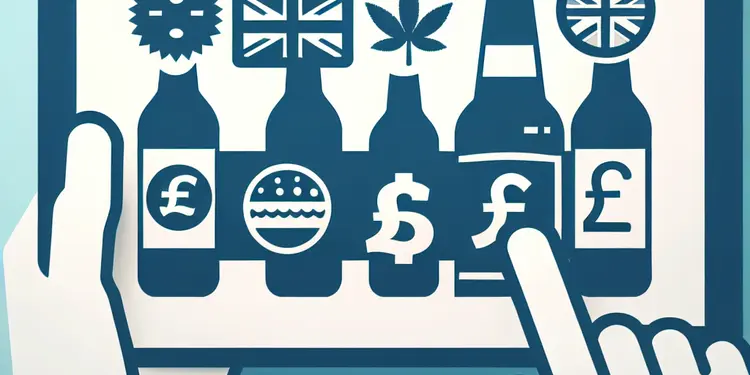
How can one reduce the risk of binge drinking?
Relevance: 59%
-
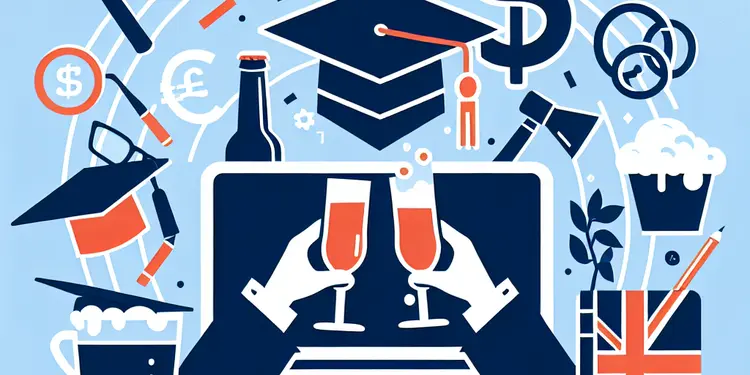
How does binge drinking impact academic or work performance?
Relevance: 57%
-
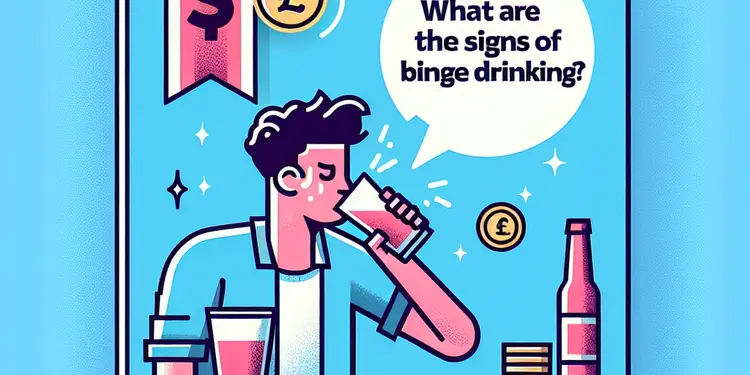
What are the signs of binge drinking?
Relevance: 50%
-
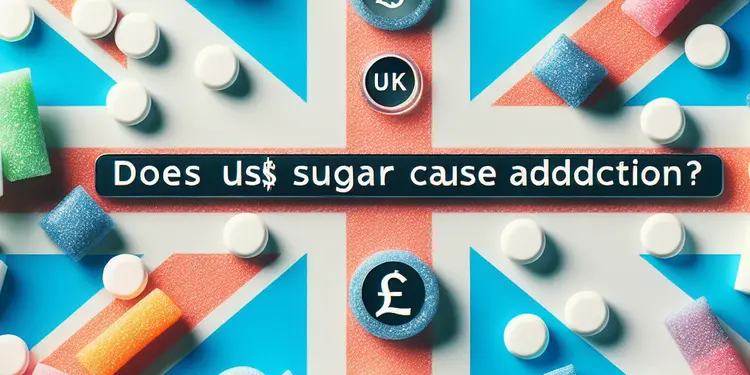
Does sugar cause addiction?
Relevance: 48%
-
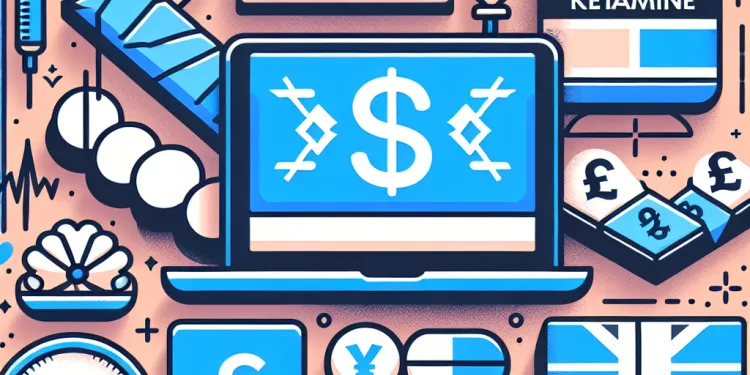
Is ketamine addictive?
Relevance: 40%
-
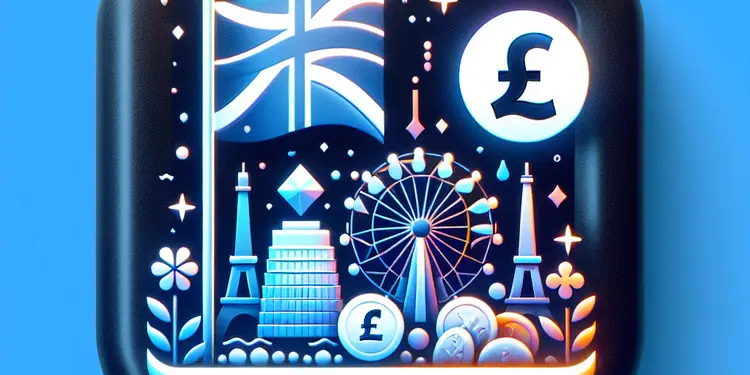
What is the potential for addiction with ketamine?
Relevance: 38%
-

Do nicotine pouches cause addiction?
Relevance: 38%
-
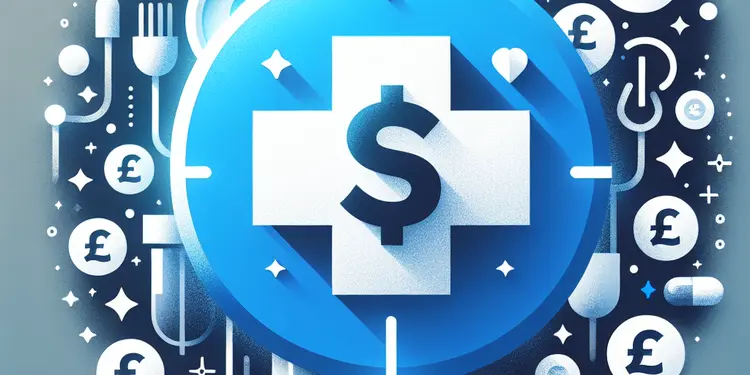
Are there any treatment programs for ketamine addiction?
Relevance: 36%
-
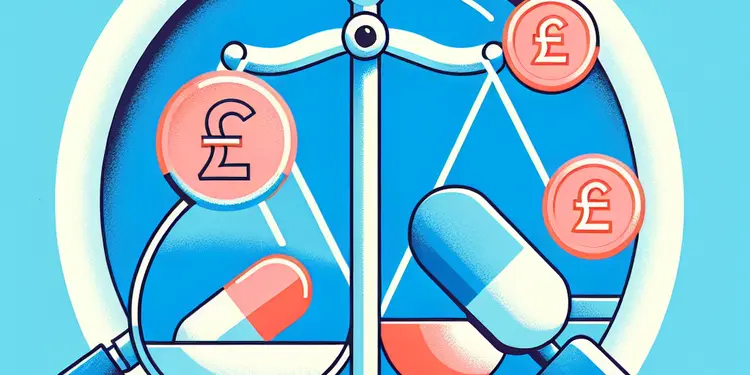
Can taking weight loss drugs result in dependency or addiction?
Relevance: 32%
-

Do nicotine pouches cause addiction?
Relevance: 29%
-
Are high caffeine drinks safe?
Relevance: 29%
-
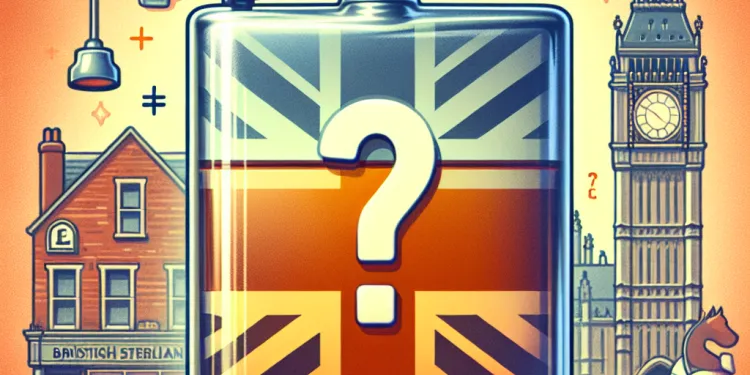
How do I know if my drink was spiked?
Relevance: 27%
-
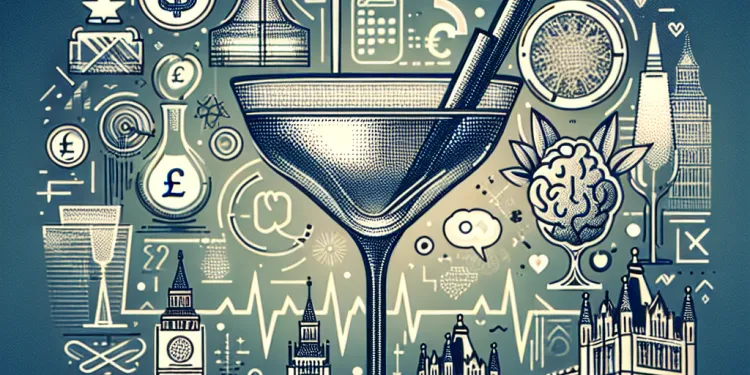
Can drink spiking cause long-term health effects?
Relevance: 27%
-
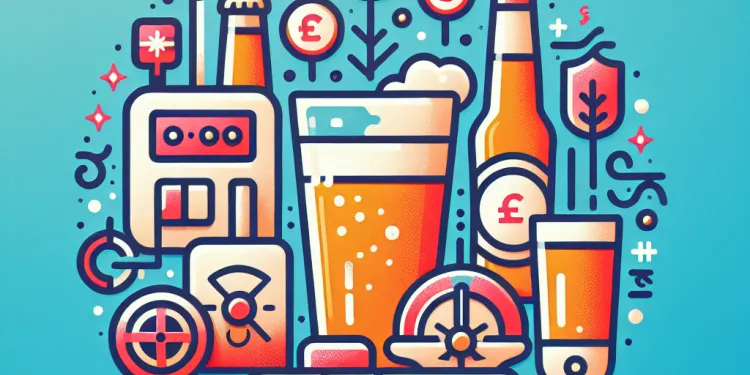
How effective are drink testing kits?
Relevance: 26%
-

Are men at risk of having their drinks spiked?
Relevance: 26%
-

Can drink covers be reused to prevent spiking?
Relevance: 25%
-

How can I reduce the risk of my drink being spiked?
Relevance: 25%
-

What drugs are commonly used to spike drinks?
Relevance: 25%
-

Can drink spiking occur in private settings?
Relevance: 25%
-
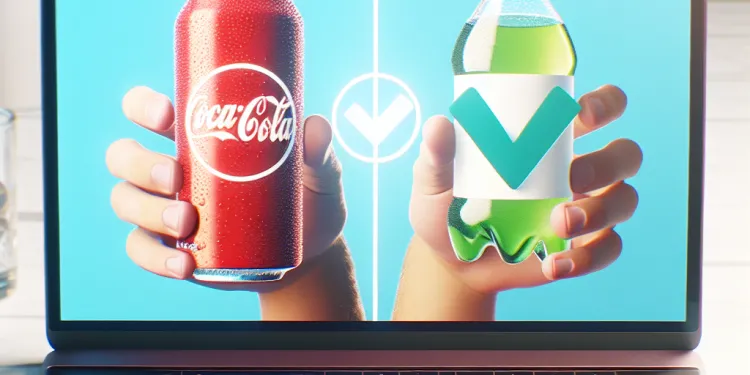
What role do sugary drinks play in obesity?
Relevance: 25%
-
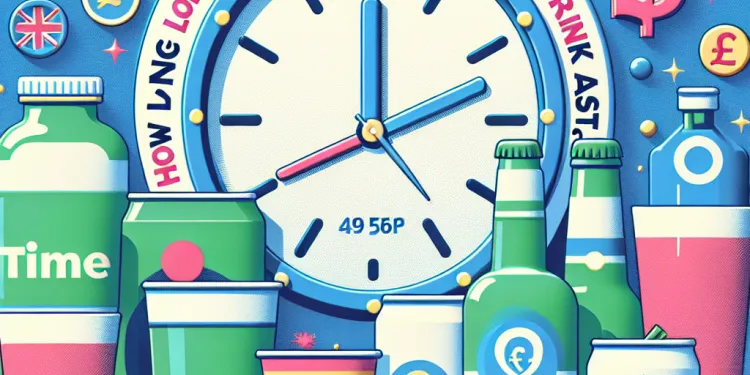
How long do the effects of a spiked drink last?
Relevance: 24%
-

Which drinks are exempt from the sugar tax?
Relevance: 24%
-

Can I taste or smell if my drink has been spiked?
Relevance: 24%
-
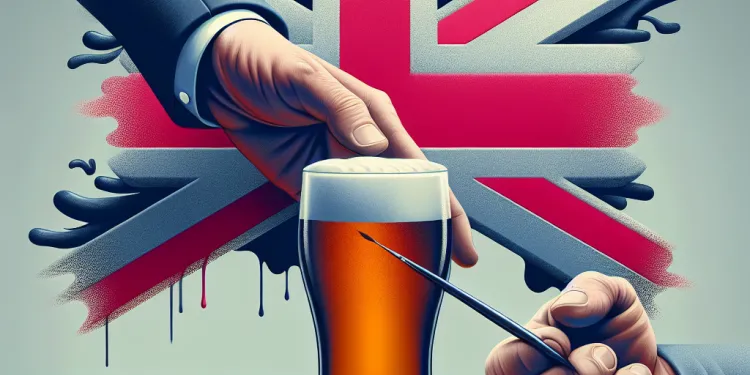
What should I do if I witness someone's drink being spiked?
Relevance: 24%
Understanding Binge Drinking
Binge drinking is characterised by the consumption of a large amount of alcohol in a short period, generally leading to a blood alcohol concentration (BAC) of 0.08% or above. For men, this typically involves consuming five or more drinks in a single session, while for women, it involves four or more drinks. This pattern of drinking is prevalent in the UK, especially among young adults and students.
The Effects of Binge Drinking
Binge drinking can have several short-term effects such as impaired judgment, coordination issues, and memory lapses. Moreover, it increases the risk of accidents and injuries. In the long term, frequent binge drinking can lead to more severe health issues like liver disease, cardiovascular problems, and brain damage.
The Link Between Binge Drinking and Addiction
One of the key concerns surrounding binge drinking is its potential to lead to alcohol addiction, also known as alcohol use disorder (AUD). Binge drinking can condition the brain to associate alcohol consumption with pleasure and reward, increasing the likelihood of repeated consumption. Over time, this can develop into a dependency where the individual feels compelled to drink more frequently and in higher quantities.
Research indicates that binge drinking at a young age can significantly impact brain development, especially in areas related to decision-making and impulse control. This can make individuals more susceptible to developing addictive behaviours. Furthermore, habitual binge drinking alters brain chemistry, leading to tolerance where higher amounts of alcohol are needed to achieve the same effects, a hallmark of addiction.
Preventing Addiction
Understanding and recognising the patterns of binge drinking are crucial steps in preventing the transition to addiction. Public health campaigns in the UK aim to raise awareness about the dangers of excessive drinking and promote moderate drinking habits. It is essential for individuals who find themselves binge drinking regularly to seek support and guidance.
Services like the NHS offer resources for those struggling with alcohol use, and there are numerous support groups and interventions available. Family and friends can also play a vital role by encouraging healthier lifestyle choices and providing emotional support.
Conclusion
Binge drinking poses significant risks not only to physical health but also in potentially leading to alcohol addiction. While not every individual who binge drinks will develop an addiction, the behaviour significantly increases the risk. Making informed decisions about alcohol consumption and being aware of the signs of addiction can aid in prevention and ensure healthier outcomes.
What is Binge Drinking?
Binge drinking means drinking a lot of alcohol quickly. For men, this is about five drinks. For women, it is about four drinks. Many young adults and students in the UK drink like this.
What Happens When You Binge Drink?
Binge drinking can make you make bad choices, make you clumsy, and forget things. It can also lead to accidents. If you binge drink often, it can cause serious health problems with your liver, heart, and brain.
Can Binge Drinking Lead to Addiction?
Binge drinking can make you want to drink more often. It can train your brain to like alcohol too much. Over time, it can turn into a habit where you feel you need to drink a lot. This is called addiction.
Drinking a lot when you are young can change your brain. This makes it hard to make good choices and control your actions. When you drink often, your brain gets used to it and wants more to feel the same. This is a sign of addiction.
How Can We Stop Addiction?
Knowing how binge drinking works can help stop addiction. In the UK, there are programs to teach people about safe drinking. If you often binge drink, it is important to ask for help.
The NHS has resources for people who struggle with alcohol. Support groups can help too. Family and friends can support by helping you make good choices.
Conclusion
Binge drinking is dangerous for your health. It can also lead to addiction. Not everyone who binge drinks will get addicted, but the risk is higher. Understanding how alcohol affects you can help you make better choices and stay healthy.
Frequently Asked Questions
What is binge drinking?
Binge drinking is the consumption of an excessive amount of alcohol in a short period of time, typically defined as five or more drinks for men and four or more drinks for women in about two hours.
Can binge drinking lead to alcohol addiction?
Yes, binge drinking can increase the risk of developing alcohol use disorder due to changes in brain chemistry and habits formed over time.
How does binge drinking affect the brain?
Binge drinking alters brain function by affecting neurotransmitter systems, which can lead to tolerance, dependence, and addiction over time.
Is there a difference between alcohol abuse and alcohol addiction?
Yes, alcohol abuse refers to patterns of drinking that lead to personal, social, or legal problems, while alcohol addiction, or alcohol use disorder, involves physical dependence and loss of control over drinking.
What are the signs of alcohol addiction?
Signs of alcohol addiction include strong cravings for alcohol, inability to control or limit drinking, needing more alcohol to feel the same effects, and withdrawal symptoms when not drinking.
Can occasional binge drinking cause addiction?
While not everyone who binge drinks will become addicted, occasional binge drinking can increase the risk, especially if it becomes a regular habit.
Who is at higher risk of addiction from binge drinking?
Individuals with a family history of addiction, mental health issues, or frequent binge drinking are at higher risk of developing alcohol addiction.
How can binge drinking behavior be changed?
Behavioral interventions, counseling, support groups, and setting specific goals for reducing alcohol intake can help change binge drinking behavior.
What health risks are associated with binge drinking?
Health risks include alcohol poisoning, liver disease, cardiovascular issues, and increases in risky behaviors leading to injury.
Are there early interventions for binge drinking problems?
Yes, early interventions such as educational programs, brief counseling, and clinician feedback can reduce binge drinking and its associated risks.
Does binge drinking have the same effects on everyone?
No, the effects of binge drinking vary depending on factors like age, gender, weight, and genetic predisposition to alcohol problems.
How does binge drinking impact mental health?
Binge drinking can exacerbate mental health issues such as depression and anxiety, and may contribute to the development of new mental health disorders.
What role does peer pressure play in binge drinking?
Peer pressure can significantly influence individuals, especially young adults, to engage in binge drinking behavior.
Can binge drinking lead to long-term addiction?
Yes, continued binge drinking can lead to changes in brain chemistry and behavior, increasing the risk of long-term addiction.
How does tolerance develop with binge drinking?
With regular binge drinking, the body becomes accustomed to alcohol, requiring larger amounts to achieve the same effect, which is a sign of developing tolerance.
What are withdrawal symptoms of alcohol addiction?
Withdrawal symptoms can include anxiety, tremors, sweating, nausea, and in severe cases, seizures or delirium tremens.
How can someone prevent addiction if they binge drink?
Limiting the frequency of binge drinking episodes, seeking social support, and addressing any underlying mental health issues can help prevent addiction.
How common is binge drinking among young adults?
Binge drinking is quite common among young adults, particularly in college settings, where it is often socially accepted or encouraged.
What are some resources for those struggling with binge drinking?
Resources include counseling services, support groups like Alcoholics Anonymous, online forums, and hotlines such as SAMHSA’s National Helpline.
Can family influence binge drinking behavior?
Yes, family attitudes towards drinking, genetic factors, and familial behaviors can all influence an individual's binge drinking habits.
What is binge drinking?
Binge drinking means drinking a lot of alcohol in a short time.
It can make people sick and do things they might regret.
It’s important to drink safely.
If you need help, talk to someone you trust.
Binge drinking is drinking too much alcohol very quickly. For men, it means having five or more drinks. For women, it means having four or more drinks. This usually happens in about two hours.
Can drinking a lot of alcohol at once lead to addiction?
Drinking too much alcohol in a short time is called binge drinking. This can be bad for your health and might make you want to drink more and more. This can lead to addiction.
If you are worried about drinking too much, talk to an adult you trust. You can also ask for help from a doctor or counselor.
It can help to use tools like calm breathing and talking with friends or family to keep safe.
Yes, drinking too much alcohol at once can make you more likely to have alcohol problems later. This is because it changes how your brain works and can create bad habits over time.
What happens to your brain when you drink too much alcohol at once?
Drinking a lot of alcohol in a short time can change how the brain works. It messes with the brain's chemical messengers. This can make people drink more and need alcohol more and more as time goes on.
Is alcohol abuse the same as alcohol addiction?
Alcohol abuse and alcohol addiction are not the same.
Alcohol abuse means drinking too much. It can cause problems with your health, work, and relationships.
Alcohol addiction is when you can't stop drinking. You feel like you need alcohol all the time, even if it causes problems.
Here are some tips to help understand:
- Use pictures to help explain ideas.
- Talk to someone you trust about what you read.
- Take it slow and read one sentence at a time.
Yes, drinking too much alcohol can cause big problems. You might have trouble with friends, family, or even with the law. This is called alcohol abuse.
Alcohol addiction is more serious. It means you feel like you have to drink all the time and you can't stop. This is also called alcohol use disorder.
If you have trouble with reading, try using tools like text-to-speech. It can read the words out loud to you. You can also ask someone to read it with you and explain it.
What are the signs of alcohol addiction?
Alcohol addiction is when someone can't stop drinking alcohol, even if it causes problems. Here are some signs that someone might have alcohol addiction:
- They want to drink all the time.
- They can't stop drinking once they start.
- They drink more than they plan to.
- They feel sick or upset if they don't drink.
- They need to drink more and more to feel the same effects.
- They spend a lot of time thinking about drinking.
- They have problems at home, school, or work because of drinking.
If someone has these signs, it can help to talk to a doctor or a support group. They can help people stop drinking.
Signs that someone might have a problem with alcohol include really wanting a drink all the time, not being able to stop drinking once they start, needing to drink more and more to feel good, and feeling bad when they don't drink.
Can drinking too much alcohol sometimes make you addicted?
Drinking a lot of alcohol in one go is called binge drinking.
If you binge drink often, it can lead to addiction.
Being addicted means you want to drink all the time and find it hard to stop.
Here are some ways to get help or support:
- Talk to a trusted adult or friend about your drinking.
- Look for local support groups or helplines.
- Try to do other fun activities instead of drinking.
- Ask a support person to help you make a plan to drink less.
Not everyone who drinks a lot all at once will get addicted. But if you do this often, it can make you more likely to have a problem.
Who is more likely to have problems from drinking too much at once?
If someone in your family has had problems with drinking too much, feeling very sad or worried a lot, or drinking too many drinks at once, you might also have a chance of having these problems.
How can we stop binge drinking?
Binge drinking is when you drink a lot of alcohol in a short time. It can be bad for your health. Here are some ways to help stop binge drinking:
- Talk to Someone: Speak with a friend or adult you trust.
- Set Limits: Decide how much you will drink before you start. Stick to your plan.
- Find Fun Activities: Do things you like that don’t involve drinking.
- Use an App: There are apps that help you track your drinking.
- Join a Support Group: Join groups where people help each other stop drinking too much.
- Learn More: Use books or websites that teach about alcohol and how to drink less.
Remember, it is okay to ask for help. Stopping binge drinking can make you healthier and happier.
There are ways to help stop drinking too much alcohol. You can talk to someone about it, join a support group, and make a plan to drink less. These things can help you change your drinking habits.
What happens to your health when you drink too much alcohol at once?
Drinking alcohol can be bad for your health. It can make you really sick, hurt your liver, or cause heart problems. It can also make you do dangerous things that can hurt you.
Can we help with binge drinking early on?
Yes, starting help early can make a big difference. Programs to teach, talking with counselors, and getting advice from doctors can help people stop drinking too much and stay safe.
Does drinking too much alcohol affect everyone the same way?
Drinking a lot of alcohol at once is called binge drinking.
Binge drinking does not affect everyone the same way. It can affect people differently because:
- Everyone's body is different. Some people are bigger or smaller.
- People have different health conditions.
- What you eat before drinking can change how alcohol affects you.
- Past experiences with alcohol can make a difference.
Here are some tools and tips to help you:
- Use pictures or drawings to understand.
- Ask someone to read with you or explain more.
- Take breaks if you need to think about what you read.
No, binge drinking affects people differently. It depends on how old you are, if you are a boy or a girl, how much you weigh, and your family history with alcohol.
What happens to your mental health when you drink too much alcohol?
Drinking a lot of alcohol in a short time can make problems like feeling very sad or worried worse. It can also cause new mental health problems.
How does peer pressure make people drink too much alcohol?
"Peer pressure" is when friends or others your age try to make you do something.
Sometimes, friends might say that drinking a lot of alcohol is cool.
This can make someone feel like they have to drink too, even if they don't want to.
It is important to make your own choices. You can say "no" if you don't want to drink.
You can talk to a grown-up you trust if you feel pressured.
When friends try to make you do something, like drinking a lot of alcohol, it is called peer pressure. This is very strong, especially for young people. It can make them drink too much at once.
Can drinking too much alcohol at once lead to addiction later?
Drinking too much alcohol again and again can change how your brain works. It can also change how you act. This makes it more likely that you will get addicted to alcohol in the future.
What happens to your body with lots of drinking?
If you drink a lot of alcohol, your body can get used to it. This is called building tolerance.
When you have tolerance, it means you need more alcohol to feel the same effects.
To help understand this, it might be good to use pictures or talk with a trusted adult. You can also write down questions you have.
When someone drinks a lot often, their body gets used to alcohol. This means they need to drink more to feel the same way. This is called building tolerance.
What happens when someone stops drinking alcohol?
When a person who drinks a lot of alcohol stops drinking, their body can react. This is called withdrawal.
Here are some things that can happen:
- Feeling shaky
- Feeling nervous or anxious
- Feeling sick in the stomach
- Having trouble sleeping
- Sweating a lot
- Having headaches
It is important for someone to get help and speak to a doctor if they are trying to stop drinking alcohol. Support from friends, family, or support groups can be useful too.
When someone stops taking certain medicines or alcohol, they might feel sick. This can include feeling worried (anxiety), shaking (tremors), sweating, feeling like you want to throw up (nausea), and in very bad cases, having seizures or confusion (delirium tremens).
If you or someone you know is going through this, it can help to talk to a doctor. You can also use things like breathing exercises or listening to calming music to feel better.
How can someone stop addiction if they drink a lot at once?
If someone drinks a lot of alcohol at one time, it can be bad. Here are some easy ways to help:
- Set a limit. Decide how much you will drink before you start.
- Drink slowly. Take your time with each drink.
- Have water or soda in between. This can help you drink less alcohol.
- Plan fun activities. Do things you like without alcohol.
- Ask a friend for help. They can remind you to not drink too much.
If you are worried, talk to someone you trust, like a parent or a teacher. They can help and give you support.
If you drink a lot at one time, try to do it less often. Talk to friends and family for help. If you feel sad or worried, tell someone who can help. This can stop you from getting addicted to alcohol.
How often do young adults drink too much?
A lot of young people drink a lot of alcohol at once. This happens a lot at college. At college, people think it is okay or cool to drink a lot with friends.
Help for People Who Drink Too Much Alcohol
Do you need help because you are drinking too much alcohol? Here are some ways you can get help:
- Talk to a doctor or a nurse. They can listen to you and give advice.
- Join a group where people help each other stop drinking too much.
- Use a phone helpline to talk to someone who can help you.
- Try apps or websites that give tips on drinking less alcohol.
Remember, you are not alone, and there are people who can help you feel better.
If you or someone you know needs help, there are people and places you can reach out to for support.
You can talk to a counselor. This is someone who listens to you and helps you with your problems.
There are groups like Alcoholics Anonymous. In these groups, people meet to talk about their experiences and help each other.
You can also find help online. There are websites where you can chat with others and get advice.
If you need to talk to someone right away, you can call a hotline like the SAMHSA National Helpline. They are there to listen and help you anytime.
Remember, you are not alone, and there are people who want to help you feel better.
Can family make people drink too much alcohol?
Does your family make you want to drink a lot? Drinking too much alcohol is called binge drinking. Family can sometimes make people drink more. It is important to think about how family makes you feel about drinking.
If you need help, try talking to someone you trust. You can also use pictures or drawings to help understand your feelings. It might help to make a list of things that are good or bad about drinking. This can help you think about your choices.
Yes, how your family feels about drinking, your genes, and how your family acts can all affect if someone drinks a lot.
Useful Links
This website offers general information and is not a substitute for professional advice.
Always seek guidance from qualified professionals.
If you have any medical concerns or need urgent help, contact a healthcare professional or emergency services immediately.
Some of this content was generated with AI assistance. We’ve done our best to keep it accurate, helpful, and human-friendly.
- Ergsy carfully checks the information in the videos we provide here.
- Videos shown by Youtube after a video has completed, have NOT been reviewed by ERGSY.
- To view, click the arrow in centre of video.
- Most of the videos you find here will have subtitles and/or closed captions available.
- You may need to turn these on, and choose your preferred language.
- Go to the video you'd like to watch.
- If closed captions (CC) are available, settings will be visible on the bottom right of the video player.
- To turn on Captions, click settings .
- To turn off Captions, click settings again.
More Items From Ergsy search
-

Can binge drinking lead to addiction?
Relevance: 100%
-

What is binge drinking?
Relevance: 76%
-

How does binge drinking affect the brain?
Relevance: 71%
-

How is binge drinking typically defined?
Relevance: 69%
-

How does binge drinking affect mental health?
Relevance: 69%
-

What are the risks associated with binge drinking?
Relevance: 69%
-

Are there cultural factors in binge drinking?
Relevance: 67%
-

Are there any laws against binge drinking?
Relevance: 64%
-

Can binge drinking affect physical health?
Relevance: 64%
-

What resources are available for someone struggling with binge drinking?
Relevance: 64%
-

What are the social consequences of binge drinking?
Relevance: 64%
-

What can be done to prevent binge drinking?
Relevance: 61%
-

What is the role of peer pressure in binge drinking?
Relevance: 61%
-

Is binge drinking more common in any specific demographic?
Relevance: 60%
-

How does alcohol tolerance relate to binge drinking?
Relevance: 60%
-

Why is binge drinking common among young adults?
Relevance: 59%
-

How can one reduce the risk of binge drinking?
Relevance: 59%
-

How does binge drinking impact academic or work performance?
Relevance: 57%
-

What are the signs of binge drinking?
Relevance: 50%
-

Does sugar cause addiction?
Relevance: 48%
-

Is ketamine addictive?
Relevance: 40%
-

What is the potential for addiction with ketamine?
Relevance: 38%
-

Do nicotine pouches cause addiction?
Relevance: 38%
-

Are there any treatment programs for ketamine addiction?
Relevance: 36%
-

Can taking weight loss drugs result in dependency or addiction?
Relevance: 32%
-

Do nicotine pouches cause addiction?
Relevance: 29%
-
Are high caffeine drinks safe?
Relevance: 29%
-

How do I know if my drink was spiked?
Relevance: 27%
-

Can drink spiking cause long-term health effects?
Relevance: 27%
-

How effective are drink testing kits?
Relevance: 26%
-

Are men at risk of having their drinks spiked?
Relevance: 26%
-

Can drink covers be reused to prevent spiking?
Relevance: 25%
-

How can I reduce the risk of my drink being spiked?
Relevance: 25%
-

What drugs are commonly used to spike drinks?
Relevance: 25%
-

Can drink spiking occur in private settings?
Relevance: 25%
-

What role do sugary drinks play in obesity?
Relevance: 25%
-

How long do the effects of a spiked drink last?
Relevance: 24%
-

Which drinks are exempt from the sugar tax?
Relevance: 24%
-

Can I taste or smell if my drink has been spiked?
Relevance: 24%
-

What should I do if I witness someone's drink being spiked?
Relevance: 24%


